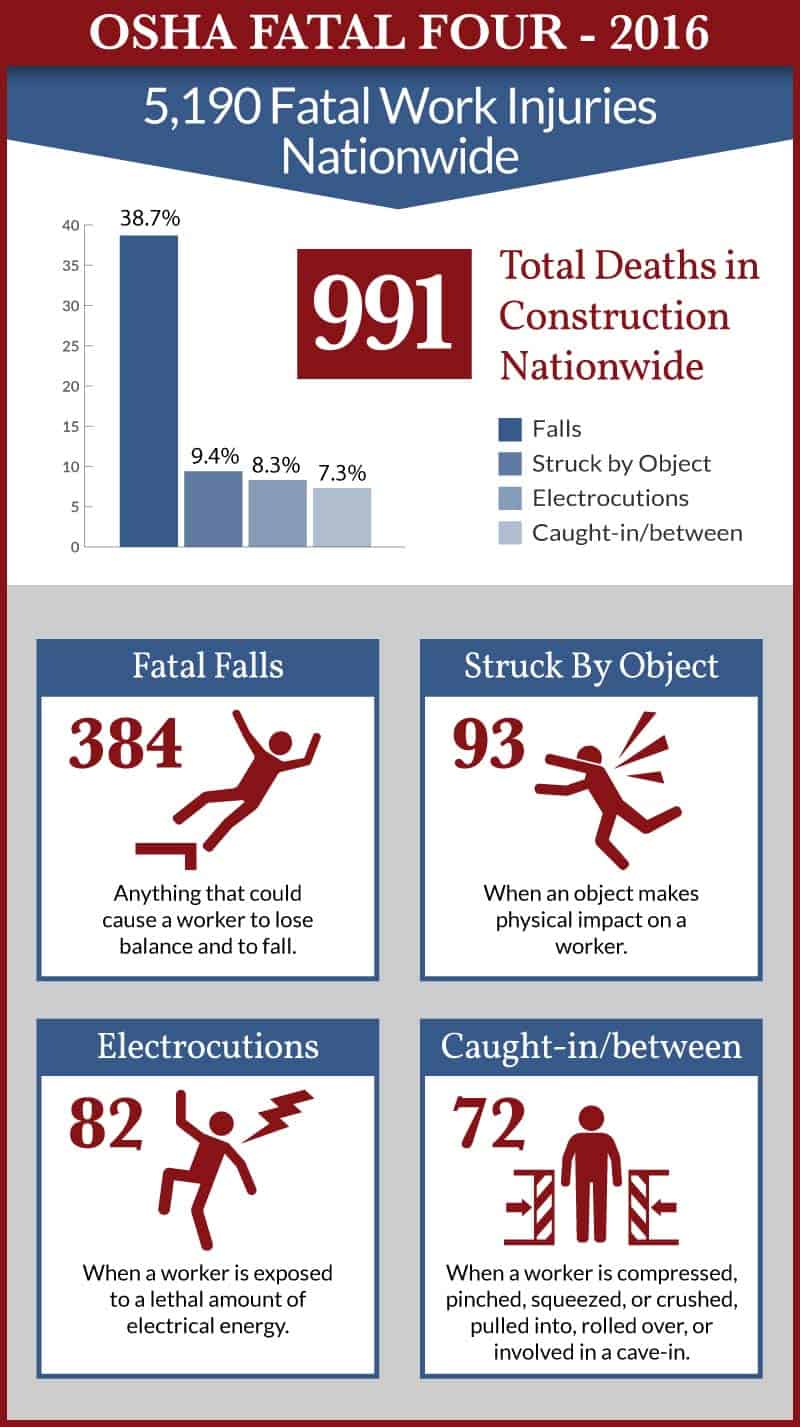What Is Employee Burnout?

Modern workplaces often demand peak performance from their employees. Yet, that incessant pressure can lead to many problems, including employee burnout. Defined as chronic workplace stress, it can seriously affect employees and employers. The relationship between this issue and Workers’ Compensation is worth looking into.
The World Health Organization (WHO) classifies employee burnout related to workplace stress as a diagnosable condition. The topic has gained much media attention over the past years after information was shared about tech startup computer programmers working around the clock.
According to WHO, employee burnout is an unsuccessfully managed “occupational phenomenon” caused by chronic workplace stress. Here is their list of symptoms:
- Increased mental distance from one’s work responsibilities or cynicism or negativity related to the job.
- Feelings of exhaustion or energy depletion.
- Reduced professional efficacy.
In the U.S., the Occupational Safety and Health Administration (OSHA) sets and enforces standards to ensure employees’ safe, healthy working conditions. However, they have no standards for work-related employee burnout.
What Are the Symptoms of Employee Burnout?
Employee burnout does not initially cause physical symptoms, but mental anguish can lead to that over time. The first symptoms can include:
- Anxiety
- Depression
- Fatigue
- Feelings of hopelessness
- Weight gain or loss
- No motivation
- Sleeping problems
It is easy to see how those conditions can cause physical symptoms to develop. Employees who do not eat or sleep well can develop diabetes, heart problems, strokes, or get into car accidents if they drive when fatigued. Some rely on drugs or alcohol to numb the problem, and that can escalate things to other levels.
Does Workers’ Compensation Cover Employee Burnout?
Stress-related injuries like employee burnout can be difficult to diagnose and attribute to work-related events. The symptoms vary widely and can be harder to test for. Still, mental injuries can be linked to abnormal working conditions and events. Claimants may be entitled to Workers’ Compensation benefits. The outcome mainly depends on the state’s applicable laws.
How Can I Prove Employee Burnout?
Mental health-related Workers’ Compensation claims are reviewed on a case-by-case basis. You must prove that your job caused your symptoms and be able to clearly distinguish how your stress was caused by work and not something else.
Many employees live with employee burnout without seeking treatment, making them less likely to receive Workers’ Compensation. It is best to seek medical treatment as soon as possible. Doing so will also provide evidence like written diagnoses, statements, and payment receipts.
You should also contact your HR department to explain the situation – that way, there will be a record. Documenting your working conditions and feelings in a journal can also help, and be sure to include the exact hours worked and detail your job responsibilities.
Write down how the employer responded to your concerns and note if they did anything to help your situation. Do not delete any communications; emails showing that you were denied needed time are one example of evidence that could help prove your case.
Our Philadelphia Workers’ Compensation Lawyers at Freedman & Lorry, P.C. Represent Employees Who Were Wrongfully Denied Compensation
Our compassionate, experienced Philadelphia Workers’ Compensation lawyers at Freedman & Lorry, P.C. understand the importance of work-life balance. If you have been injured in a workplace accident, call 888-999-1962 or complete our online form to schedule a free consultation. Located in Philadelphia and Cherry Hill, New Jersey, we serve clients in Pennsylvania, and New Jersey.
